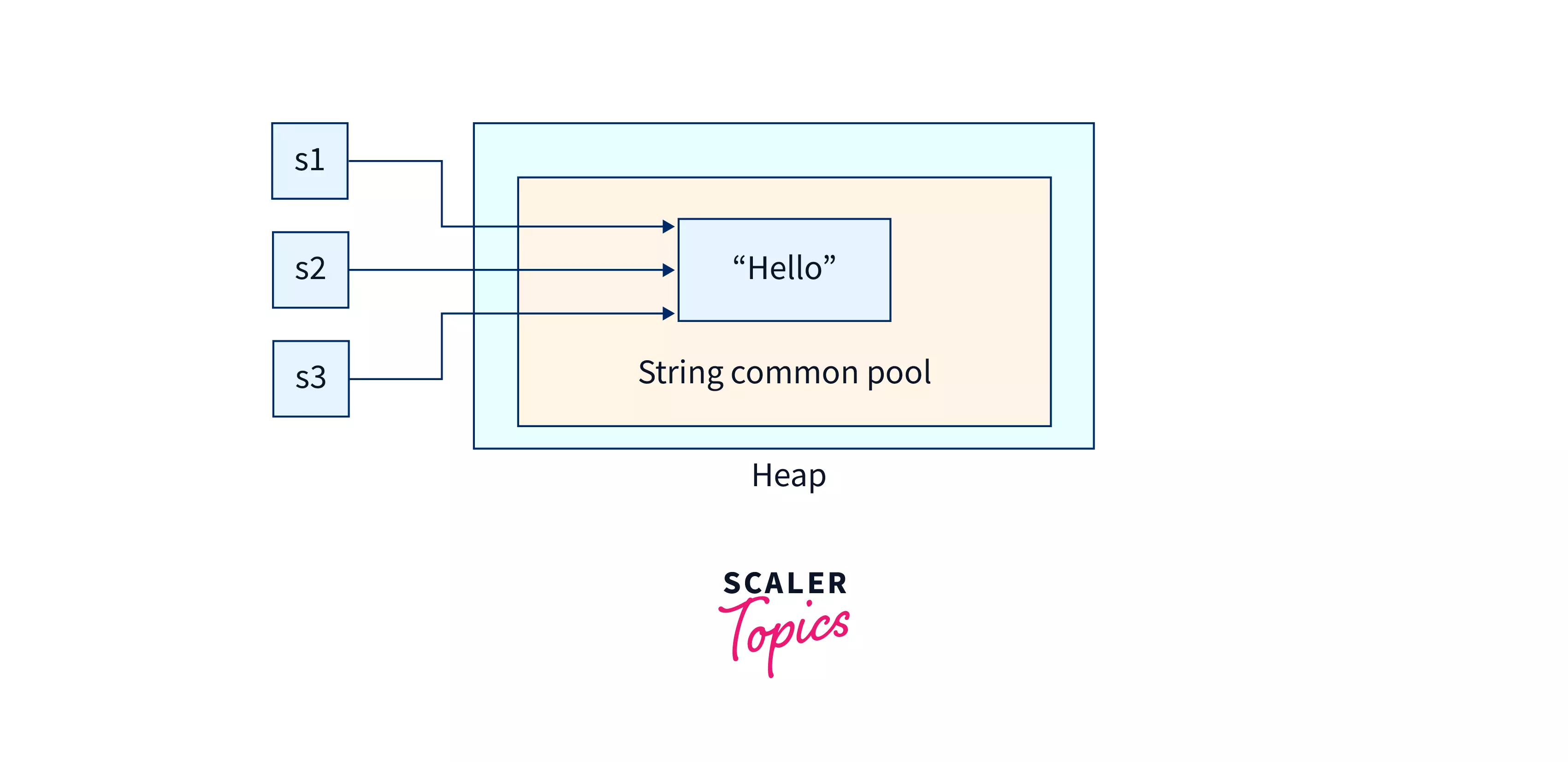What Is Immutable Strings and How It Works
In the world of shows, understanding the principle of immutable strings is vital for producing secure and robust applications. Unalterable strings refer to strings that can not be changed after they are produced, guaranteeing data integrity and predictability within the code.
The Fundamentals of Immutable Strings
Immutable strings, as a basic idea in shows, are personality series that can not be transformed when they are created. This suggests that as soon as a string is designated a value, that value can not be altered. In languages like Python and Java, strings are immutable things, bring about numerous ramifications in terms of memory administration and information integrity.
Among the vital benefits of immutable strings is that they provide a feeling of protection in data control. Given that the content of an unalterable string can not be customized, it makes sure that the original data remains undamaged, lowering the danger of unexpected adjustments during program execution (Why are strings immutable in Java?). This residential or commercial property additionally streamlines debugging procedures, as developers can rely on that when a string is specified, its value will certainly not be unintentionally changed
When a new string is developed based on an existing one, instead than modifying the original string, the brand-new worth is stored independently. Overall, understanding the essentials of unalterable strings is essential for grasping programs ideas and enhancing code performance.
Benefits of Unalterable Strings
Structure upon the safety and effectiveness advantages of immutable strings, their benefits include boosting code integrity and simplifying concurrent shows tasks. By being immutable, strings can not be modified after production, which eliminates the risk of unintended modifications in the data they store. This inherent immutability guarantees that once a string is created, its worth remains continuous throughout the program's implementation, decreasing the possibilities of pests brought on by unexpected modifications.
In addition, unalterable strings add to code integrity by making it much easier to reason concerning the state of a program. Because strings can not be altered, programmers can trust that a string will always hold the same worth, streamlining debugging and upkeep initiatives. This predictability brings about more reliable and secure codebases.

Implementation in Programs Languages
Within various programs languages, the incorporation of unalterable strings is an essential element that impacts exactly how information is managed and controlled within code frameworks. The execution of immutable strings differs throughout different programs languages, with each language providing its own systems to support this principle.

On the other hand, languages like C and C++ do not have integrated assistance for immutable strings. Designers in these languages have to by hand implement immutability by implementing rules within their code to stop straight alterations to string things.
Finest Practices for Collaborating With Immutable Strings
When dealing with immutable strings in shows languages like Java and Python, sticking to best methods makes sure efficient and secure data control. One of the crucial best techniques is to make use of StringBuilder or StringBuffer rather of straight manipulating strings, especially when dealing with comprehensive concatenation procedures. These classes give mutable options for string adjustment, helping to stay clear of unnecessary memory allowances and improving efficiency.
Furthermore, when working with delicate information such as passwords or API keys, it is critical to prevent keeping them as ordinary message in unalterable strings. Using safe storage devices like char varieties or specialized libraries for handling delicate info aids reduce security risks associated with immutable strings.
Real-world Applications and Examples
Discovering functional implementations of unalterable strings in look here numerous industries discloses their significant impact on data stability and system reliability. In the health care field, immutable strings play an important role in making certain the security and privacy of patient information. By stopping unauthorized modifications to sensitive details such as clinical documents and prescriptions, immutable strings aid keep conformity with strict privacy policies like HIPAA.
Economic organizations additionally benefit from the immutable nature of strings to boost the safety of client data and transaction documents. Unalterable strings help avoid fraud and unauthorized alterations to financial information, providing a robust defense against cyber dangers and making sure the count on and self-confidence of clients.

Final Thought
Ideal techniques for functioning with unalterable strings include staying clear of direct adjustments and utilizing methods that return brand-new string things. Real-world applications of immutable strings consist of information file encryption, caching, and string control jobs.
Immutable strings refer to strings that can not be changed after they are produced, making sure information integrity and predictability Discover More Here within the code. When a new string is produced based on an existing one, instead than customizing the original string, the new worth is saved separately.In languages like Java and Python, strings are immutable by default, suggesting that once a string things is created, its value can not be changed - Why are strings immutable in Java?. Best practices for working find more information with immutable strings consist of preventing direct adjustments and utilizing techniques that return brand-new string things. Real-world applications of immutable strings consist of data encryption, caching, and string manipulation jobs